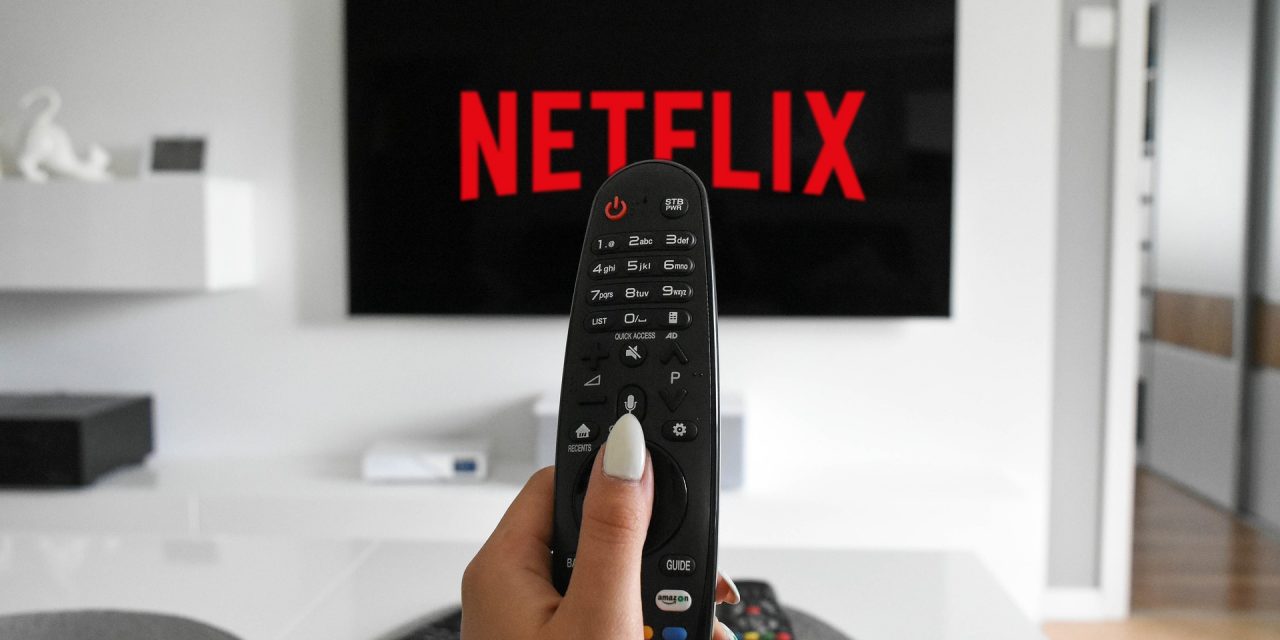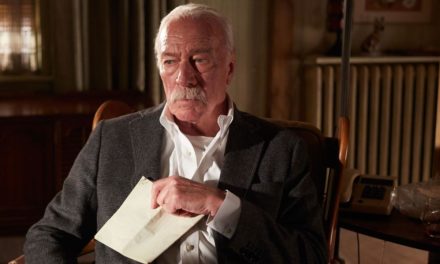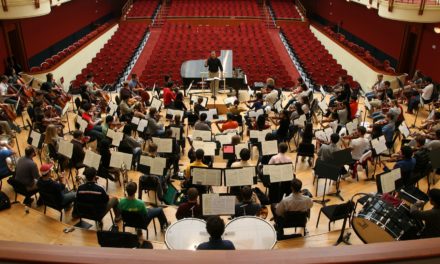Once in a while, it is necessary to stop investing energy in external activities and take a moment to mentally refuel before venturing out into the world again. For many people, comfort media — whether it be heartwarming movies, inspiring stories or nostalgic video games — can be the escape they need. With the abiding pandemic and another semester with no real breaks, consuming media for leisure has become a crucial strategy for college students to navigate negative feelings and stressful situations. Regardless of the particular genre or style, comfort media has benefits for everyone and should become a regular part of how we destress.
I spoke with several Emory students about their use of relaxing media. To them, comfort media is especially helpful in alleviating anxieties and generating positivity.
Because comfort is a personalized feeling, comfort media means different things to each student. For Humaira Tanzeem (24C), comfort media serves as a source of inspiration. Claire van Stolk (22C), on the other hand, associates gratifying media with feelings of familiarity and warmth. To her, comfort media are the shows she can “quote whenever” and the movies she can “just snuggle up [with].” Similarly, Yokie Abera (23C) identifies comfort media as something that assures “joy, entertainment [and] pleasure.”
Comfort media is such an efficient gateway to positive feelings that it can be used as motivation when spirits are low. Taylor Jones (23C) described comfort media as a source of repose when he feels anxious. Besides influencing the emotional quality of thoughts, comfort media can also regulate their quantity. When asked for his interpretation, Edmund Acquaah (23C) defines comfort media as “something that [he] can use just to turn off [his] brain for a bit.” Thus, comfort media seems to have a certain transformative power 一 an ability to substitute worries with peace and cluttered minds with blank slates.
Although most students benefit from the enjoyment of comfort media, not everyone derives pleasure from the same types of media. Part of successfully utilizing recreational media is discovering what genres, characters and storylines provide the most satisfaction. For Tanzeem, this means pursuing media that already aligns with her interests and passions, such as fantasy and feminist works. In these genres, she finds solace in causes that are important to her. Feminist texts inspire Tanzeem by portraying strong and successful female characters, and her “passion for doing conservation work” draws her to fantasy with “natural settings.” Tanzeem chooses fantasy stories like Leigh Bardugo’s “Six of Crows” and “King of Scars,” and Sarah J Maas’ “Throne of Glass” series partly because she sees them as “the ultimate form of escapism.” The genre also served as a break during the end of her high school career, an emotionally draining period of time that she describes as “a long dream that was not ending.”
Aside from personal interests, specific genres of comfort media might be favored simply because they appeal to individual ideas of leisure. Abera and van Stolk both agree there is joy to be found in comedy and adore strong friendships in shows. However, they each lean toward different plots and tropes. While van Stolk enjoys the comedy-drama “Psych” for its comical adventure, mystery and the devoted companionship at its center, Abera seeks the wholesome feeling in cheerful animation depicting “childhood stories,” such as “Avatar the Last Airbender” and “Naruto”. Abera and van Stolk avoid genres like horror and thriller when seeking relaxation during the pandemic. For van Stolk her attraction to shows like “Psych” stem from a need to laugh. “Because if I’m not laughing,” she said, “then I’m thinking about sad things … I think it’s a really good way to deal with your emotions. When you’re able to laugh, life is not as overwhelming.”
Others immerse themselves in relaxing content to escape the stressors of everyday life. Seeking a state of mindlessness, Acquaah resorts to video games like “Mario Kart,” “Super Smash Bros.” and “Brawlhalla.” For similar reasons, he indulges in cartoons, especially in the first season when the plot is uncomplicated. Likewise, Jones employs media as a remedy for discomfort and is less strict on the exact category of media, as long as it can shift him away from negative thoughts and feelings.
Despite the variations in how people consume media that lets them unwind, it still holds a unifying power in its ability to provide forms of escapism. This quality of comfort media allows it to be used to alleviate stress and other negative emotions, something that is especially important during the pandemic.
For Jones, the escapism of comfort media plays a central role in his enjoyment of it. Films like “Spirited Away” (2001) and “Princess Mononoke” (1997) create spaces that he can immerse himself in. “I can go into this world. I can identify with these characters, [and] I can enjoy this storyline as opposed to my own life,” Jones said. Similarly, van Stolk finds relief in the contrast between the worlds in the shows she watches and her own reality. She noted that “there can be all these crazy things going on, but it’s not your own world, you can enjoy it from the safety of your own home.”
Acquaah finds his escape in the repetition of the video games he plays, which prevent him from contemplating other anxiety-inducing thoughts. This mechanism is new to Acquaah, who had a complicated relationship with entertainment before the pandemic. “I was made to feel guilty when I did things that weren’t learning,” he said. However, comfort became more essential during the pandemic, especially with the increase of self-care awareness, and Acquaah felt more at ease about “taking some time off to enjoy comfort media.”
It goes without saying that there have been many difficulties in the past year. With a pandemic and rising social tensions weighing heavily on everyone’s minds, it is important that we do not become completely consumed by the negativity of our current circumstances. Comfort media allows us to momentarily withdraw from our problems and recuperate by indulging in reliably soothing and pleasing content.
Catherine Aniezue (23C) is originally from Lagos, Nigeria, but now lives in Evans, Georgia. She is majoring in psychology with a potential minor in Women's, Gender, and Sexuality Studies. She is a self-proclaimed chocolate and coffee lover, and always enjoys a good series. Aniezue hopes to become a child clinical psychologist in the future and maybe get a chance to publish her own novel. Contact Aniezue at caniezu@emory.edu.






